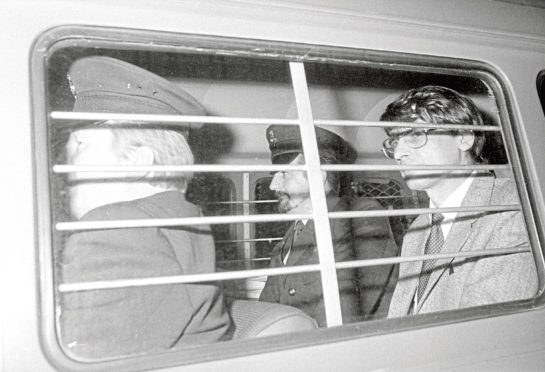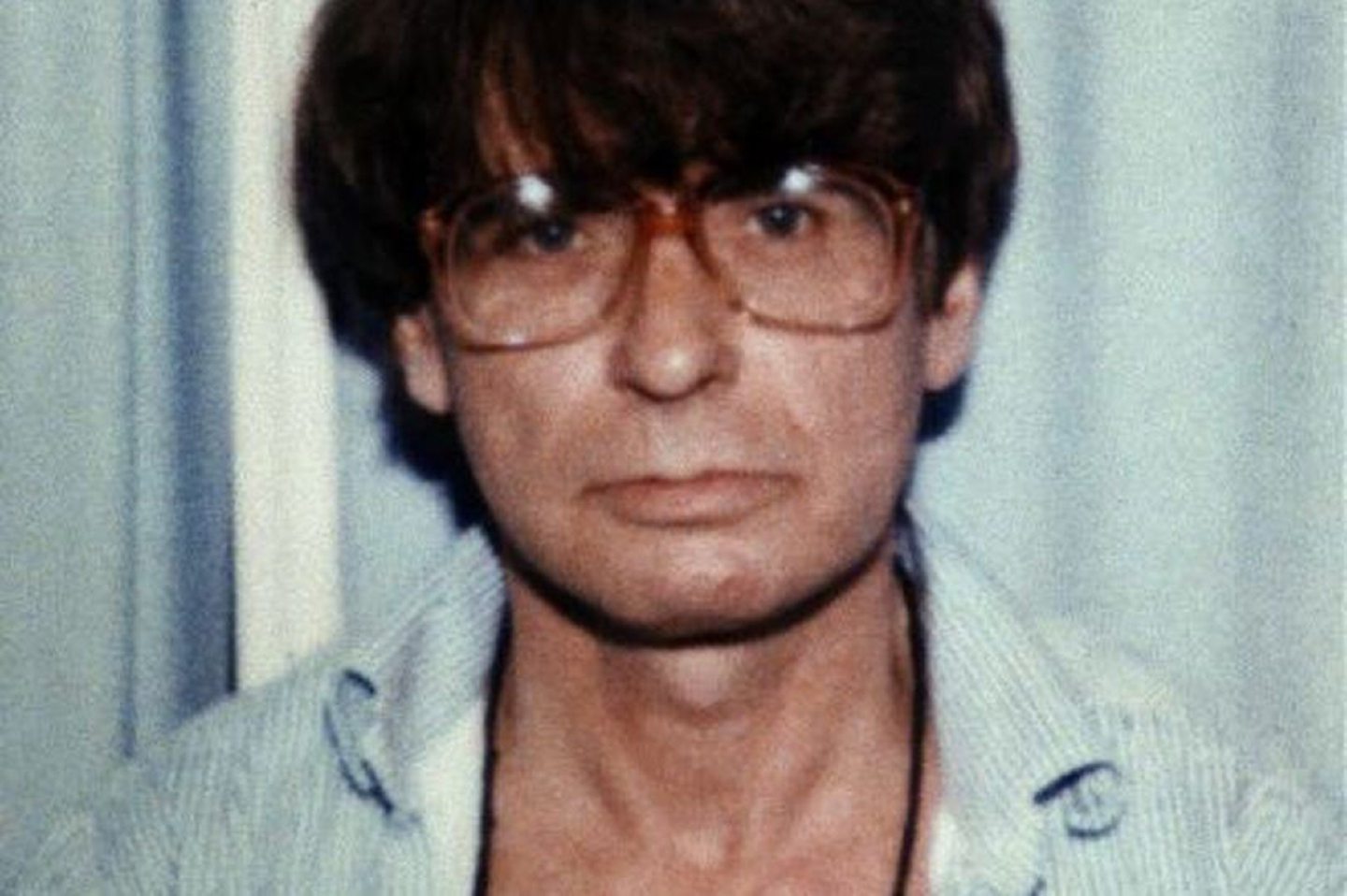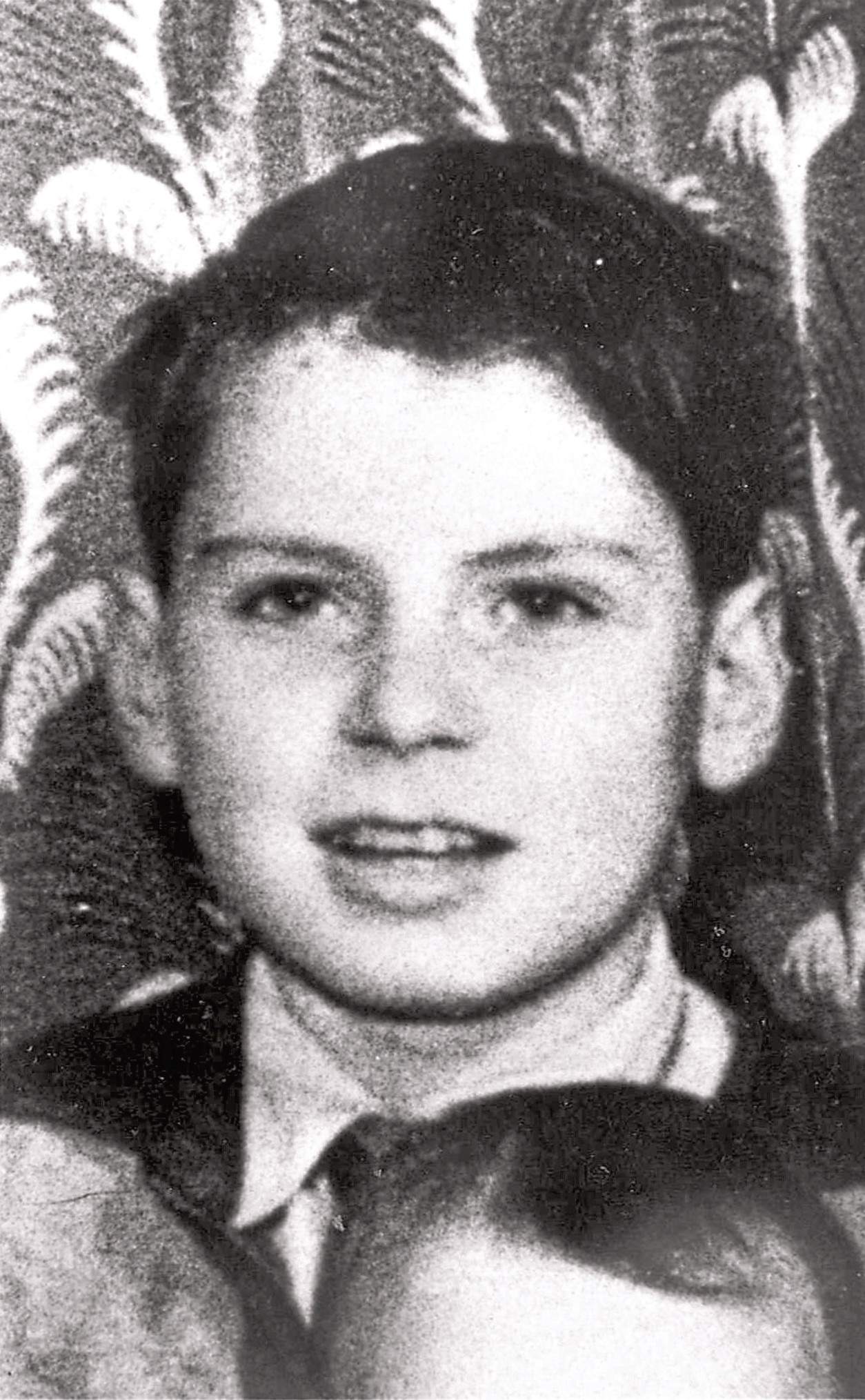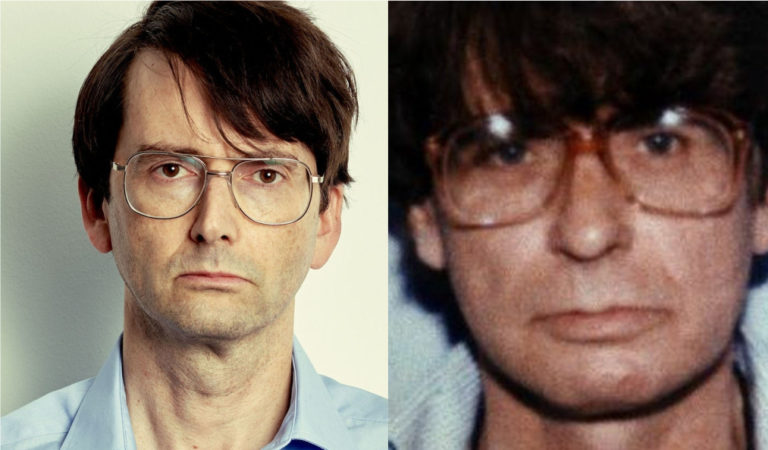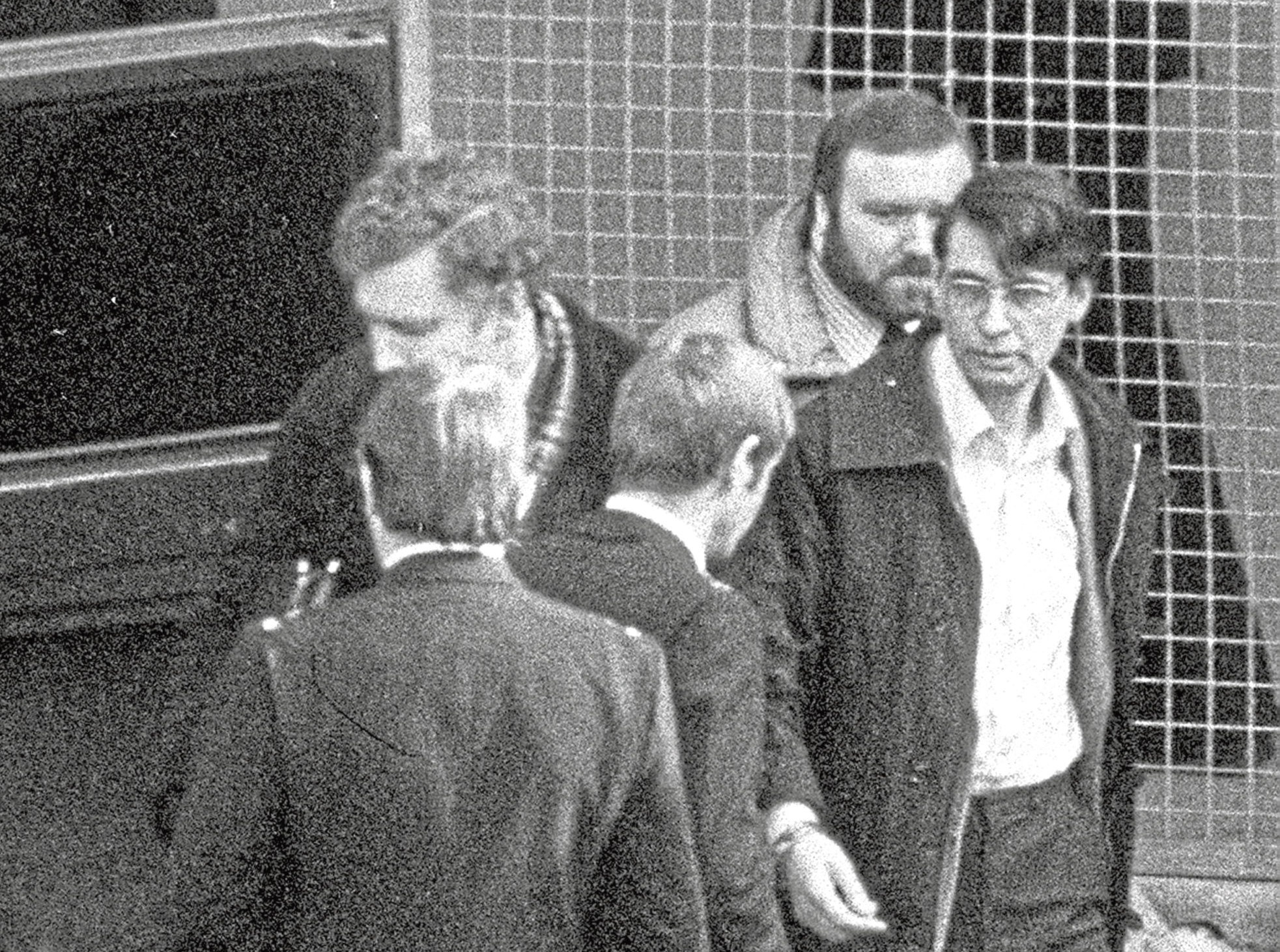As a three-part TV series about Fraserburgh-born serial killer Dennis Nilsen airs this week, the Evening Express takes a look back at the notorious murderer’s life in the north-east.
Nilsen, who was born on November 23, 1945, grew up in the north-east after his dad Olav, a Norwegian soldier, left the family.
It meant the young Nilsen, along with his mother Betty Whyte and his two siblings, had to go to live with his grandparents.
His grandad Andrew Whyte became the father figure in his life, and the pair became close. Nilsen was a few weeks short of his sixth birthday when his grandfather died.
It was the second time a “father” had left him, and he was convinced the trauma of his loss had a lasting impact on him and indeed put him on the path to murder.
After his death on October 31, 1951, Mr Whyte’s body was returned to the family home. Nilsen’s mother took him to see his grandfather’s body – although she told him he was sleeping.
Nilsen believed it was this failure to explain death to him which provided the catalyst for the crimes he committed later in life.
He is believed to have killed as many as 15 young men, most of them homeless homosexuals, after luring them into his north London home.
He was jailed for life in 1983, with a recommendation that he serve a minimum of 25 years, for six counts of murder and two of attempted murder.
The ITV drama, Des, which starts tonight and will finish on Wednesday, is told from the view of Nilsen, Detective Chief Inspector Peter Jay (played by Daniel Mays) and biographer Brian Masters (played by Jason Watkins).
The three-part drama, which stars David Tennant as Nilsen, is based on material from Masters’ book Killing For Company and covers Nilsen’s arrest and trial.
In Masters book Nilsen referenced what happened with his grandfather’s death and his mother’s failure to explain it to him, and was quoted as saying: “My troubles started there”.
“It blighted my personality permanently.”
In the years after his grandfather’s death, Fraserburgh-born Nilsen spent some time in the nearby village of Strichen before joining the Army Catering Corps and serving across the world, as well as closer to home at Fort George near Inverness and Ballater.
He later moved to London and joined the Metropolitan Police as a cadet, before leaving and embarking on a career at the Job Centre where he was working when his string of gruesome murders was uncovered.
https://www.eveningexpress.co.uk/lifestyle/entertainment/des-new-itv-series-about-fraserburgh-born-serial-killer-dennis-nilsen/
in letters he wrote to our sister title the Press and Journal from prison, Nilsen spoke about his childhood in more general terms, but said that asking about memories from his childhood was a “dangerous invitation”.
He said: “I don’t think your readers are interested in anything abrasive to disturb their peace at the breakfast table of their comforts.
“So I will keep my reporting moderate and omit the personal and emotional traumas of social and family interactions.”
Nilsen also told the P&J in his letters that there was an instance when memories of his childhood came flooding back as he watched TV.
He said: “Alex Salmond was being interviewed live and he was standing on the grassy back of the River Ugie in front of one of the two ‘Ald road Brigs’ which were so familiar to me in Strichen in the childhood years I spent there prior to me joining the British Army.”
He then pointed out that he joined the “British Army”, not an independent Scottish Army, as although “born a Scot”, he remains welded to his Britishness.
Nilsen also said he has “never been ashamed of my (then) Buchan Doric speech” or his working-class origins.
When asked about specific places where he spent his youth he said: “Fraserburgh harbour, Kinnaird Head and Waughton Hill.
“Well, in my formative years, they stood as physical and psychological permanences of uncritical stability in my early boyhood.
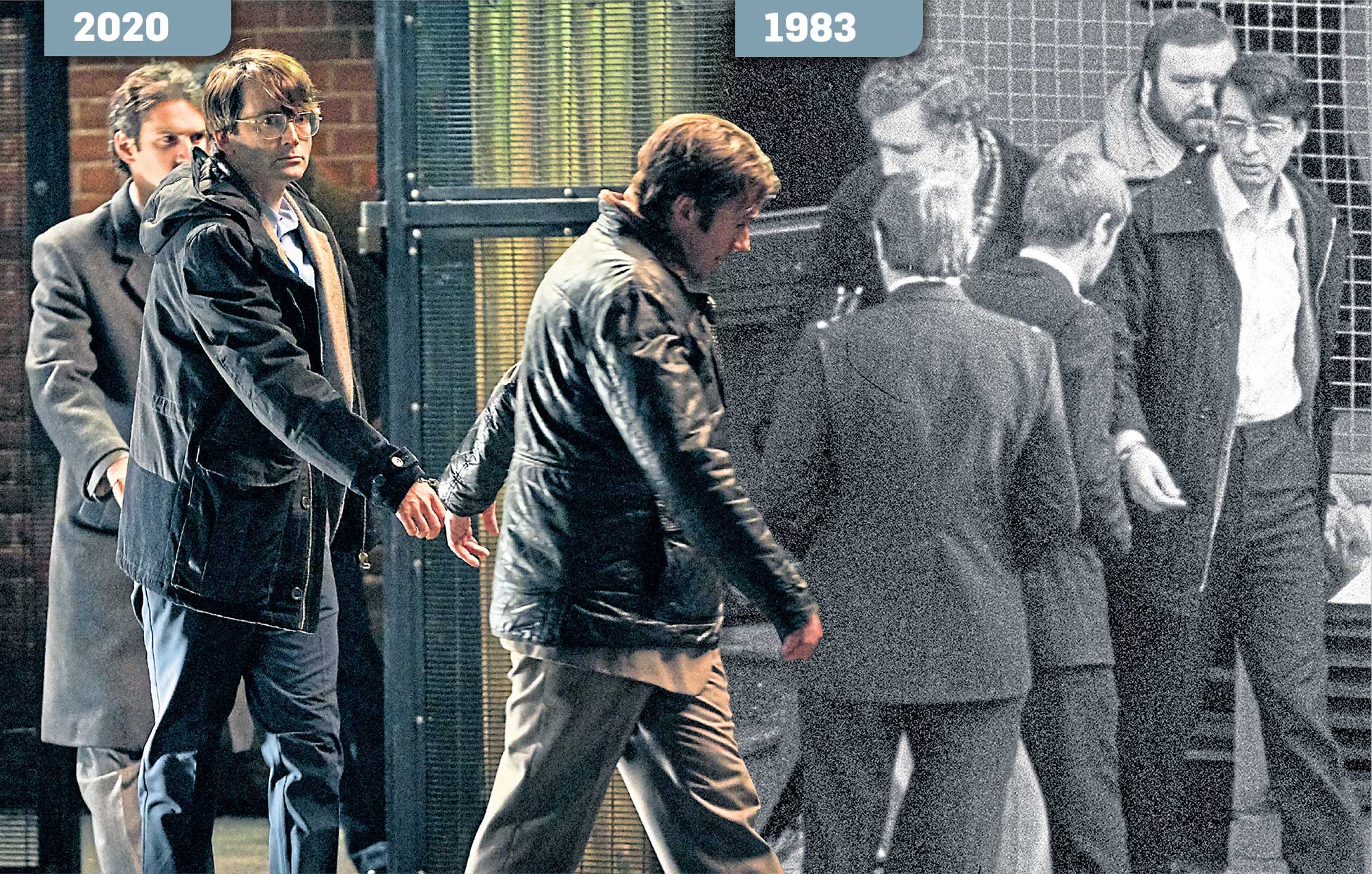
“They stood as strong facts that would outlive and outdistance all the passing and temporary actors on its stage of confused human events.
“Here is a recollection of the summer of 1954 and I am sunbathing on Fraserburgh beach aged nine.
“There is a sudden summer shower of rain. Luckily, it almost immediately passes.
“I wander off on my own, through the harbour with its ‘painted’ herring boats, and off towards the point, up along the rugged cliffs.
“I look out over the vast scale of distantly blue horizons.
“I’ve never seen the sea so deep blue. I’ve never seen the sun so smilingly and cheaply easy with its free intensity.
“I’ve never felt such a tingle of joy on my skin.
“If you have all this, I thought, who would have need of a God?”
